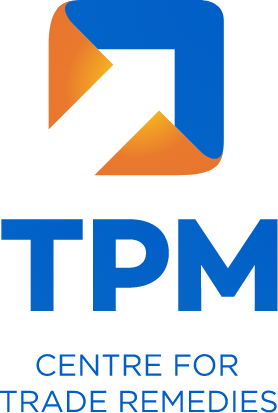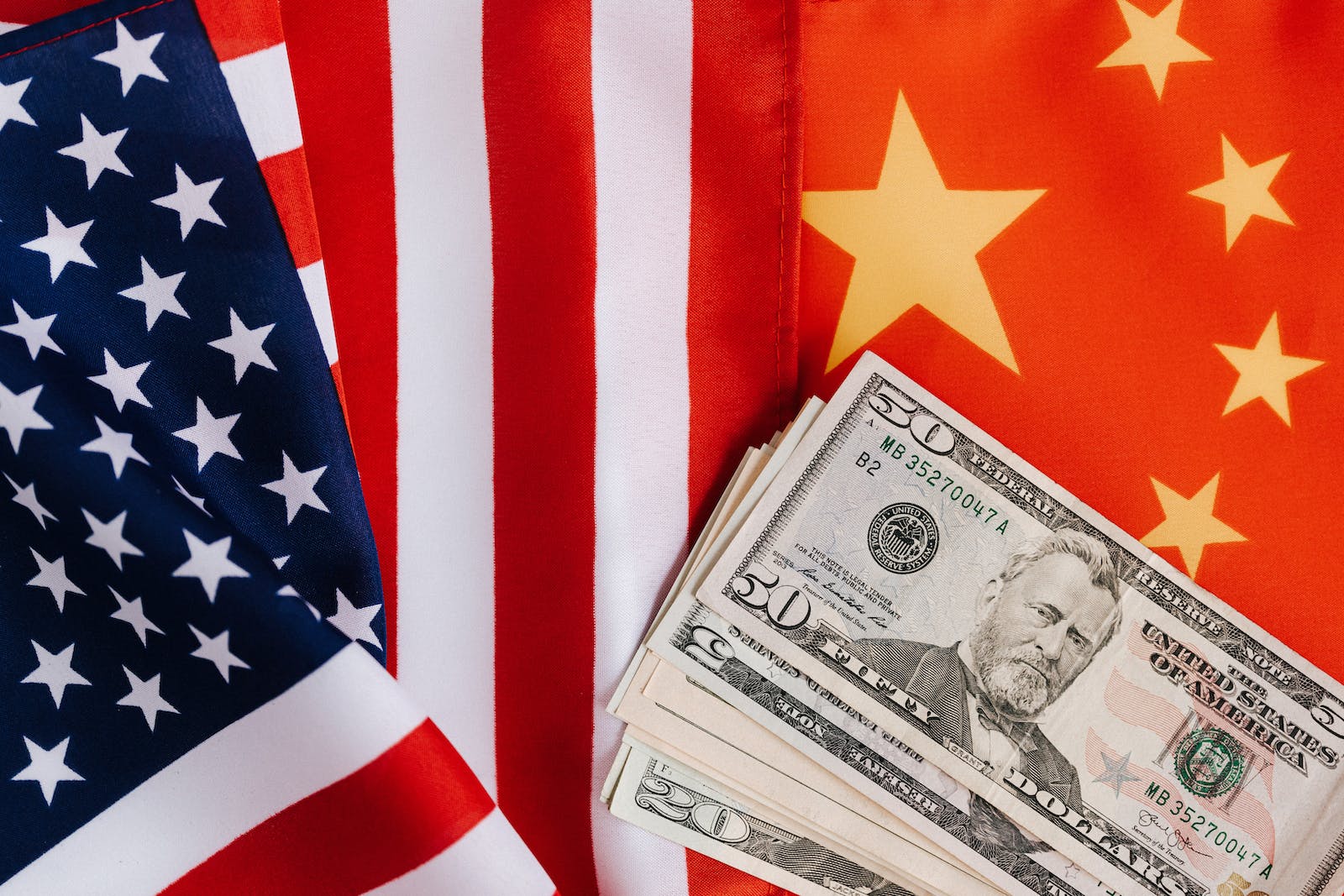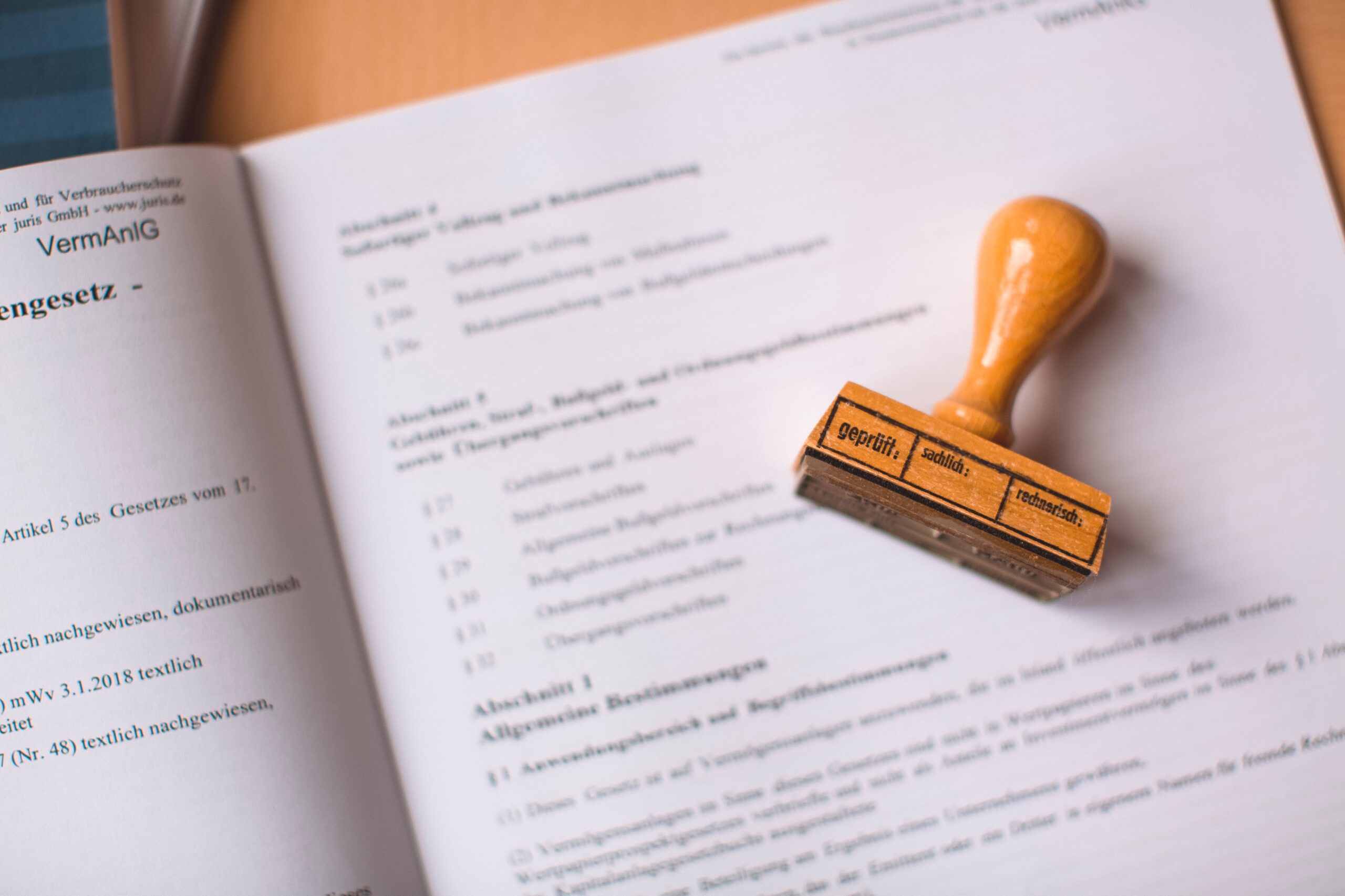United States strengthens procedures for trade remedy investigations

Author: Ojasvi Nautiyal, Legal Associate
The US Department of Commerce (DOC) on 20th September 2021 published amendments to the present anti-dumping and anti-subsidy regulations under Part 351 of Title 19, Tariff Act of 1930. These amendments to the present law are intended to strengthen the administration and enforcement of anti-dumping and anti-subsidy regulations and to establish stricter framework, which shall serve as a deterrent to circumvention and evasion of duties. The DOC has amended the regulations concerning major issues such as new shipper reviews, scope inquiries, circumvention investigations and covered merchandise reference, as well as other procedural matters.
- New Shipper Review
An exporter or producer that did not export the product concerned during the original period of investigation but has subsequently exported the product, can apply for a new shipper review and obtain their individual duty rates. However, this provision has been subject to misuse by exporters or producers as a method to evade duties. Thus, the DOC has made amendments to regulations concerning new shipper review to keep such abuse under check.
Firstly, as per the amendment, a new shipper review shall be initiated only when the exporter / producer establishes that sales to the US are bona fide. While making a request for new shipper review, the exporter / producer must certify that no exports were made during the original period of investigation and provide a certificate by unaffiliated customer in US that they shall participate in the investigation if required and provide details asked by the DOC. Further, the exporter / producer is also required to submit additional documents including:
- Whether shipments were made in commercial quantity;
- The date of subsequent sale of goods in the US; and
- Circumstances surrounding the sale, such as price, expenses, resale of goods for profits and whether sales were made on arm’s length basis.
To determine whether sales made by the exporter / producer are bona fide, the DOC shall examine whether the exporter or producer or unaffiliated customer was established after the relevant measures were imposed, whether such parties have lines of business unrelated to the subject merchandise and the quantity of sales made in the US. Where the DOC is of the opinion that the sales to the unaffiliated customer in US are not bona fide, no individual duties would be allowed.
- Scope Inquiry
After an order levying anti-dumping or anti-subsidy duty is issued, the DOC may be required to clarify the scope of the order, i.e. whether a particular product is included within the scope of an anti-dumping or countervailing duty order or a suspended investigation.
As per the amended regulations, a request for scope inquiry will require completion of a standardized scope ruling application and provision of information like schematic drawings, specifications, marketing materials, etc. regarding the product subject to the scope review. By comparison, earlier, a request along with technical characteristics of the product, end uses, and US tariff classification was sufficient for initiation of the inquiry. The DOC must initiate the scope inquiry within 30 days from filing of the application and the inquiry must be completed within 120 days, which may be extended upto 300 days where good cause exists. As per the amendment, an affirmative scope ruling would mean that the product has always been within the scope of the order. Thus, the ruling can be applied retrospectively on entries of the merchandise. Previously, a scope ruling applied only from the date of initiation of scope inquiry. Finally, under the new amendment, the DOC can now address the scope rulings as part of separate ongoing administrative or circumventions inquiry.
- Circumvention inquiry
Earlier, scope and circumvention inquiries are governed by the same regulations. The amendments have now provided a separate regulation for circumvention investigations which, by and large, mirrors the previous procedure. The DOC can initiate a circumvention inquiry either suo moto or upon an application made by an interested party. Once initiated, a preliminary determination is to be made within 150 days and final determination within 300 days from initiation, extendable upto 365 days.
Similar to the scope inquiry, the DOC can extend the application of the affirmative ruling from the date of initiation of the circumvention inquiry or from the date when the measures were imposed in the original investigation, depending on the case. Finally, the amendment allows imposition of the circumvention ruling on exporter, producer or importer basis as well as on a country-wide basis on all products having same or similar physical characteristics.
- Covered Merchandise Reference
The Customs and Border Protection (CBP) is the authority in US which investigates into evasion of the duties imposed under the Enforcement and Protection Act. However, where the CBP is unable to determine whether a particular merchandise is covered under the order levying duties or not, the matter can be referred to the DOC. Though the CBP was already making such references, the amendment provides for regulation prescribing procedure for covered merchandise referral. The procedure to be followed for such inquiry would be the same as that followed by the DOC in self-initiated circumvention inquiry. Finally, the regulations also allow the DOC to make determinations for all products having similar characteristics from a country irrespective of exporter or producer.
Other amendments
Other than the above-mentioned substantive amendments, there are additional modifications to certain procedural aspects of the investigations. The amended regulations require the importer of the subject goods in US, to maintain certification of all imports and submit the same electronically. Where the importer fails to provide such certificate or provides false or fraudulent information, the importer can face action by the DOC. Finally, the amendment now restricts the time period for making comments on industry support to a petition. Comments to the industry support are now required to be made five days before the initiation and rebuttal to such comments are to be made two days before the initiation.
Effect of the new amendments
As has been clarified by the DOC, the amendments to the present regulations are aimed at curbing the misuse of the various provisions leading to the evasion of duties. The modifications also aim at making the administration of the regulations less cumbersome for the DOC. However, the revised regulations would make it difficult for exports to apply for new shipper reviews. Also, challenge to the standing of the petition must be made within specified time. For the importers additional certification requirements may create a burden. Therefore, the new amendments may end up creating new challenges for the other parties to an investigation.





